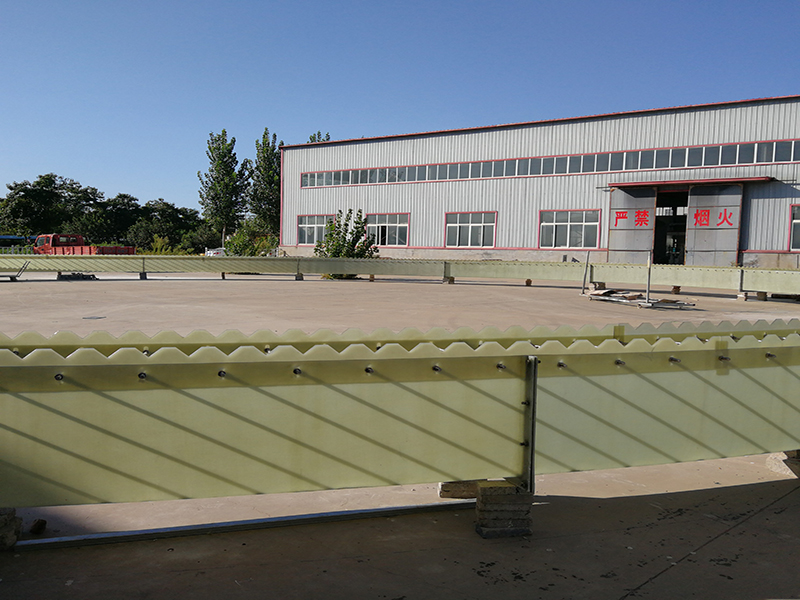
-
 Afrikaans
Afrikaans -
 Albanian
Albanian -
 Amharic
Amharic -
 Arabic
Arabic -
 Armenian
Armenian -
 Azerbaijani
Azerbaijani -
 Basque
Basque -
 Belarusian
Belarusian -
 Bengali
Bengali -
 Bosnian
Bosnian -
 Bulgarian
Bulgarian -
 Catalan
Catalan -
 Cebuano
Cebuano -
 China
China -
 China (Taiwan)
China (Taiwan) -
 Corsican
Corsican -
 Croatian
Croatian -
 Czech
Czech -
 Danish
Danish -
 Dutch
Dutch -
 English
English -
 Esperanto
Esperanto -
 Estonian
Estonian -
 Finnish
Finnish -
 French
French -
 Frisian
Frisian -
 Galician
Galician -
 Georgian
Georgian -
 German
German -
 Greek
Greek -
 Gujarati
Gujarati -
 Haitian Creole
Haitian Creole -
 hausa
hausa -
 hawaiian
hawaiian -
 Hebrew
Hebrew -
 Hindi
Hindi -
 Miao
Miao -
 Hungarian
Hungarian -
 Icelandic
Icelandic -
 igbo
igbo -
 Indonesian
Indonesian -
 irish
irish -
 Italian
Italian -
 Japanese
Japanese -
 Javanese
Javanese -
 Kannada
Kannada -
 kazakh
kazakh -
 Khmer
Khmer -
 Rwandese
Rwandese -
 Korean
Korean -
 Kurdish
Kurdish -
 Kyrgyz
Kyrgyz -
 Lao
Lao -
 Latin
Latin -
 Latvian
Latvian -
 Lithuanian
Lithuanian -
 Luxembourgish
Luxembourgish -
 Macedonian
Macedonian -
 Malgashi
Malgashi -
 Malay
Malay -
 Malayalam
Malayalam -
 Maltese
Maltese -
 Maori
Maori -
 Marathi
Marathi -
 Mongolian
Mongolian -
 Myanmar
Myanmar -
 Nepali
Nepali -
 Norwegian
Norwegian -
 Norwegian
Norwegian -
 Occitan
Occitan -
 Pashto
Pashto -
 Persian
Persian -
 Polish
Polish -
 Portuguese
Portuguese -
 Punjabi
Punjabi -
 Romanian
Romanian -
 Russian
Russian -
 Samoan
Samoan -
 Scottish Gaelic
Scottish Gaelic -
 Serbian
Serbian -
 Sesotho
Sesotho -
 Shona
Shona -
 Sindhi
Sindhi -
 Sinhala
Sinhala -
 Slovak
Slovak -
 Slovenian
Slovenian -
 Somali
Somali -
 Spanish
Spanish -
 Sundanese
Sundanese -
 Swahili
Swahili -
 Swedish
Swedish -
 Tagalog
Tagalog -
 Tajik
Tajik -
 Tamil
Tamil -
 Tatar
Tatar -
 Telugu
Telugu -
 Thai
Thai -
 Turkish
Turkish -
 Turkmen
Turkmen -
 Ukrainian
Ukrainian -
 Urdu
Urdu -
 Uighur
Uighur -
 Uzbek
Uzbek -
 Vietnamese
Vietnamese -
 Welsh
Welsh -
 Bantu
Bantu -
 Yiddish
Yiddish -
 Yoruba
Yoruba -
 Zulu
Zulu
Durable and Lightweight Fiberglass Trough Covers for Enhanced Protection and Longevity in Outdoor Applications
The Benefits of Fiberglass Trough Covers
In various industries and applications, troughs are commonly used for the collection and transportation of liquids, slurries, and other materials. However, one of the significant challenges faced by operators is protecting these troughs from environmental factors and contamination. This is where fiberglass trough covers come into play. Fiberglass, known for its durability, lightweight nature, and resistance to corrosion, has emerged as an excellent material for constructing trough covers.
Durability and Longevity
One of the standout features of fiberglass trough covers is their impressive durability. Unlike traditional materials such as metal or plastic, fiberglass is resistant to many forms of degradation, including rust, corrosion, and UV damage. This makes fiberglass a suitable choice for outdoor applications where exposure to harsh weather conditions is inevitable. The longevity of these covers minimizes the need for frequent replacements, resulting in cost savings for businesses.
Lightweight and Easy to Handle
Fiberglass covers are notably lightweight compared to metal alternatives. This characteristic simplifies handling and installation processes. Workers can easily maneuver the covers without requiring heavy machinery or excessive manpower, further promoting workplace safety. Additionally, the ease of installation allows for quick access to the trough whenever maintenance or monitoring is required.
Customization Options
Another significant advantage of fiberglass trough covers is the ability to customize them according to specific requirements. Industries often deal with varying trough sizes and shapes depending on their unique processes and needs. Fiberglass covers can be tailored to fit any configuration, ensuring a snug and secure fit. Moreover, manufacturers can offer a variety of colors and finishes, allowing businesses to integrate these covers seamlessly into their existing setups.
fiberglass trough cover

Enhanced Protection Against Contaminants
Preventing contamination is crucial in many sectors, particularly in food processing, chemical manufacturing, and wastewater treatment. Fiberglass trough covers provide a reliable barrier against dust, debris, and other environmental pollutants. This protection helps maintain the purity of the contents within the trough, ensuring compliance with health and safety regulations. By using fiberglass covers, companies can significantly reduce the risk of spills and leaks, further enhancing operational efficiency.
Insulation Properties
In applications where temperature control is essential, fiberglass trough covers can offer additional benefits due to their insulating properties. These covers help maintain the desired temperature of the liquid or material inside the trough, protecting against temperature fluctuations that could alter the material's properties or behavior. This is particularly important in chemical processes that require precise temperature management.
Eco-Friendly Option
With an increasing emphasis on sustainability, fiberglass is a relatively eco-friendly option. It can be produced with minimal waste and can also be recycled at the end of its useful life. By choosing fiberglass trough covers, businesses can reduce their environmental footprint while still benefiting from high performance and reliability.
Conclusion
In summary, fiberglass trough covers represent an innovative solution for industries that rely on troughs for material handling. With their durability, lightweight nature, customization options, and protective features, they offer a range of benefits that traditional materials cannot match. As businesses continue to prioritize efficiency, safety, and sustainability, fiberglass trough covers will undoubtedly play an essential role in enhancing operational processes across various sectors. Investing in these covers not only ensures the integrity of the materials contained within but also contributes to creating a safer and more efficient working environment.
Latest news
-
High-Quality Fiberglass Car Bodies Durable GRP Car & Boat Body SolutionsNewsJul.08,2025
-
High-Quality Fiberglass Dual Lamination Product Manufacturer Durable FRP & GRP Dual Lamination SolutionsNewsJul.08,2025
-
Rectangular Tank with Dimensions for GRP Calculation Custom Fiberglass GRP Rectangular TanksNewsJul.07,2025
-
High-Quality Fiberglass Weir Custom FRP Weir & Fiberglass Tanks ManufacturerNewsJul.07,2025
-
CPVC FRP Pipe A Reliable Choice for Industrial Applications High Strength & Corrosion ResistanceNewsJul.07,2025
-
Fiberglass Scrubber for Effective Cleaning and Stain Removal – Superior Performance in Various ApplicationsNewsJul.06,2025









